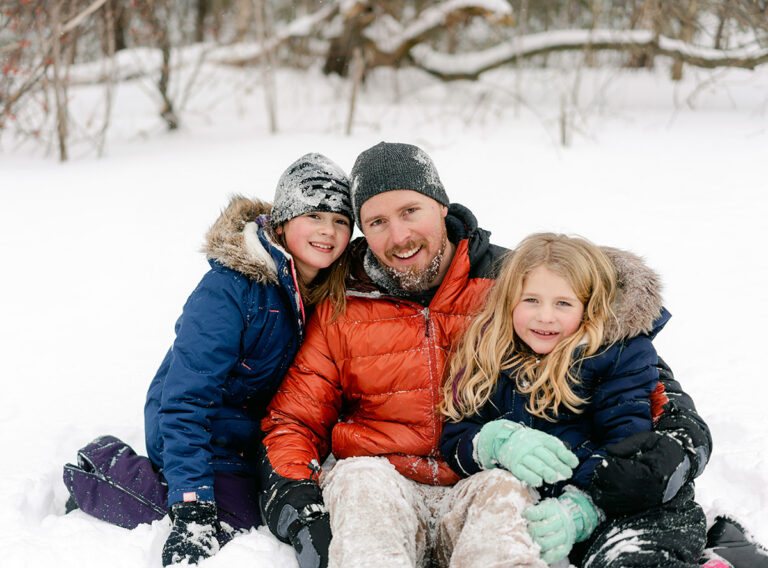
MOMS Partnership
Bangor Housing is piloting a national model for strengthening family well-being and economic mobility by focusing on maternal mental health
We work with partners to develop and fund strategies and initiatives that seek to improve the well-being and resiliency of Maine children. These strategies and initiatives are structured to ensure children and families have the tools and supports they need to be successful. Our approach is designed to test strategies that, if effective, can be taken to greater scale through practice and policy change.
The John T. Gorman Foundation’s goal is for all Maine children to be resilient and ready to succeed. As we work toward this goal, we recognize that too many children in Maine face very difficult challenges. On average, they experience abuse, anxiety, and economic insecurity at higher-than-national rates. These issues can have lifelong consequences on their health, wellbeing, and future opportunities.
One especially concerning statistic is the high rate (20%) of Maine children facing two or more Adverse Childhood Experiences (ACEs). ACEs are potentially traumatic events that occur in childhood – for example, experiencing violence, abuse and neglect, or growing up in a household with too few resources, substance misuse or family instability.
ACEs are linked to chronic health problems, mental illness, and substance use problems later in life. As reported by the CDC, toxic stress from ACEs can negatively affect children’s brain development, immune systems, and stress-response systems. These changes can affect children’s attention, decision-making, learning, and relationship building. They can also negatively impact education, job opportunities, and earning potential.
Importantly, research has shown that ACEs can be countered. By working further upstream – meaning earlier in life – we think we can help prevent, mitigate, and build resiliency to ACEs before their effects become more difficult, and costly, to address.

As research and our own experience shows, the best way to improve conditions for children is to ensure their caregivers have the resources and supports they need to be successful. That is why many of our initiatives use a two-generation approach, which serves both children and their caregivers simultaneously. Taking a comprehensive view, the approach seeks to strengthen supports in five critical areas of family well-being: education, employment, social capital, physical/mental health, and wealth and asset development.
While we work to improve outcomes of the children and families served by the strategies and initiatives we fund, we are also seeking to learn from these initiatives and share those lessons broadly so they can have a wider impact. Our approach is specifically designed to test and evaluate strategies that, if effective, can be taken to greater scale by through practice and policy change.

Bangor Housing is piloting a national model for strengthening family well-being and economic mobility by focusing on maternal mental health

John T. Gorman Foundation issues a challenge grant to support the expansion of successful recovery program for families affected by substance use If you pick

For the last three years, a Foundation-supported initiative at MaineHealth has used an innovative approach to strengthen the pediatric experience for families facing adversity. The Supporting Families Growing Together program promotes the healthy development of children by building the resiliency of the families around them. With continued funding from the John T. Gorman Foundation, it is now taking what it has learned over that time to expand and strengthen the program.